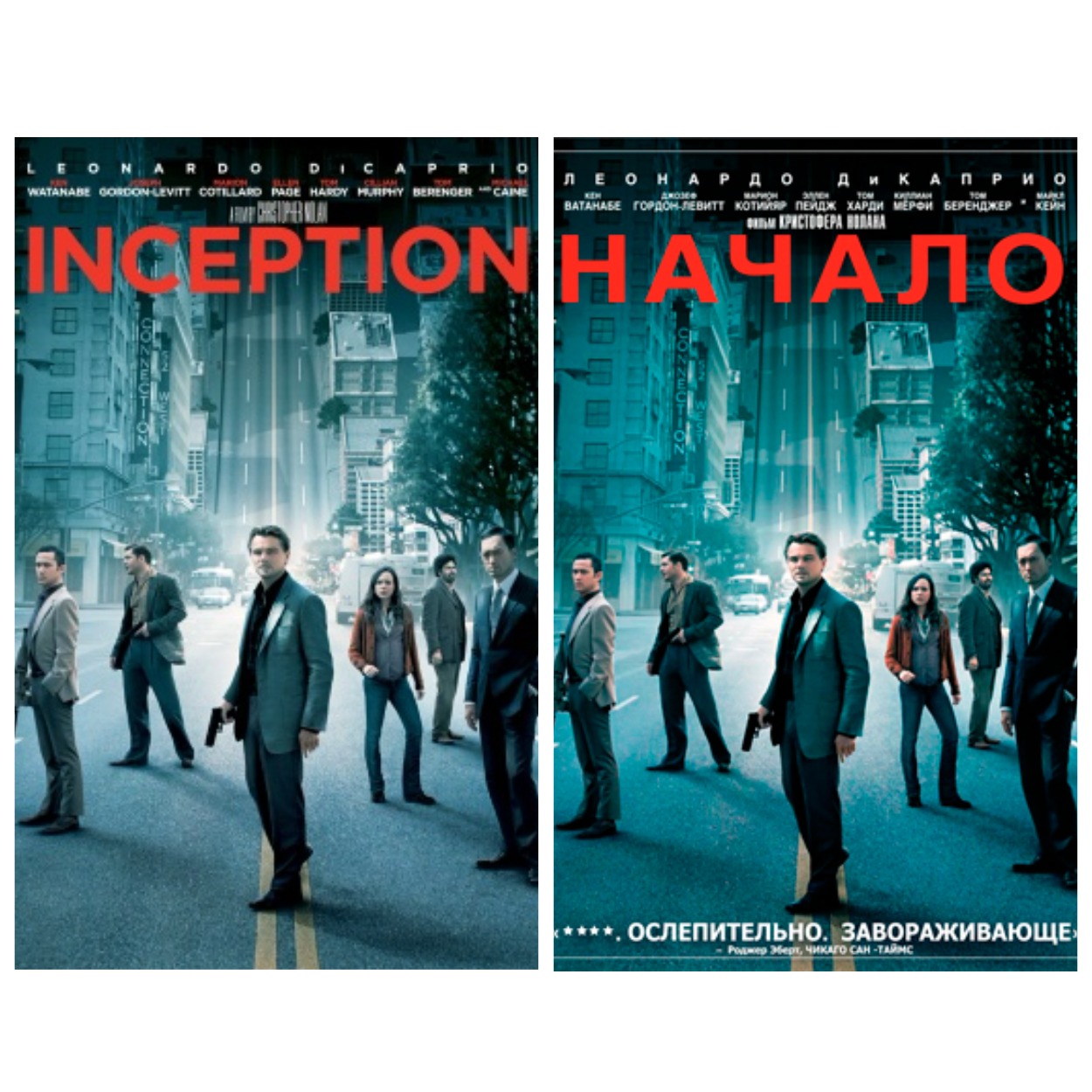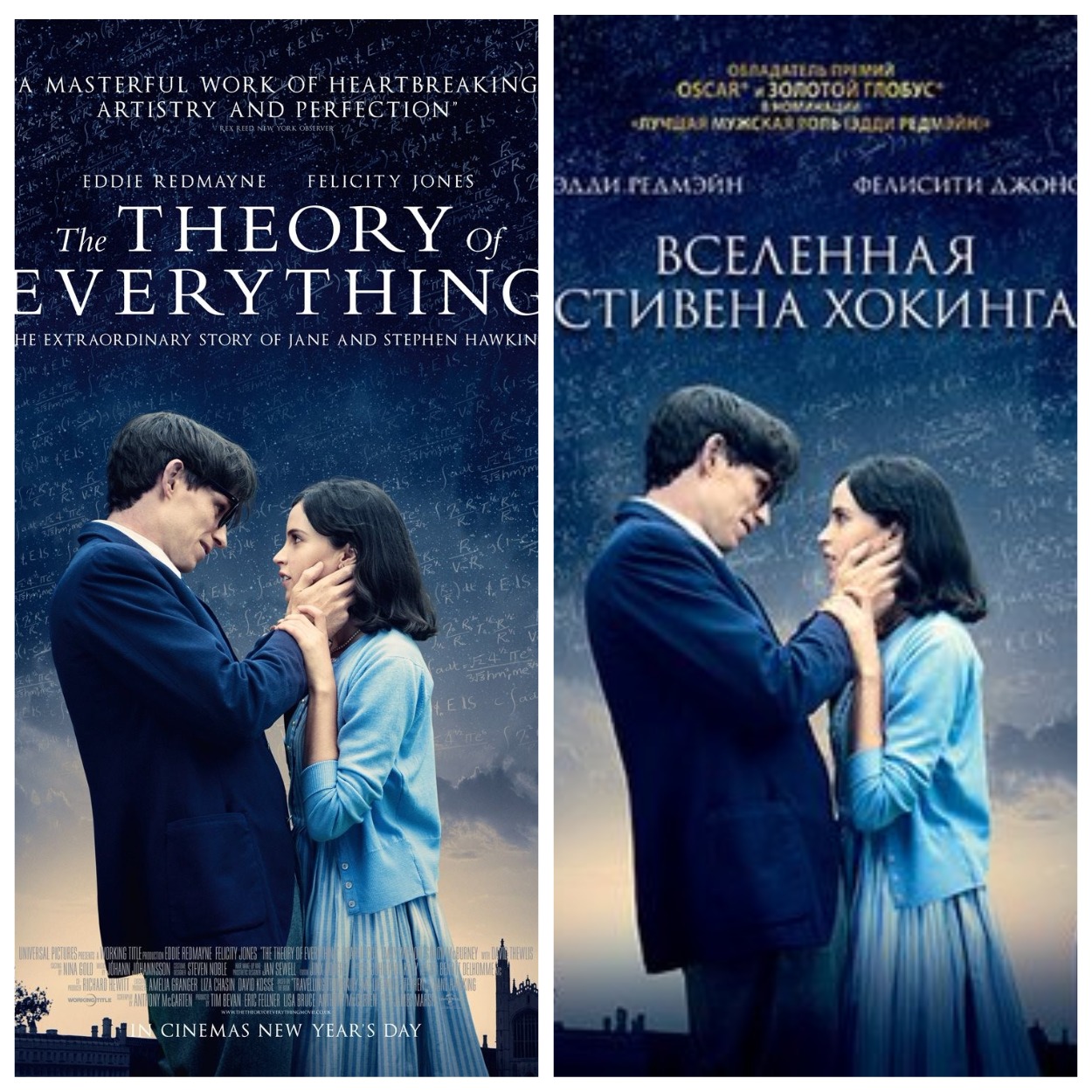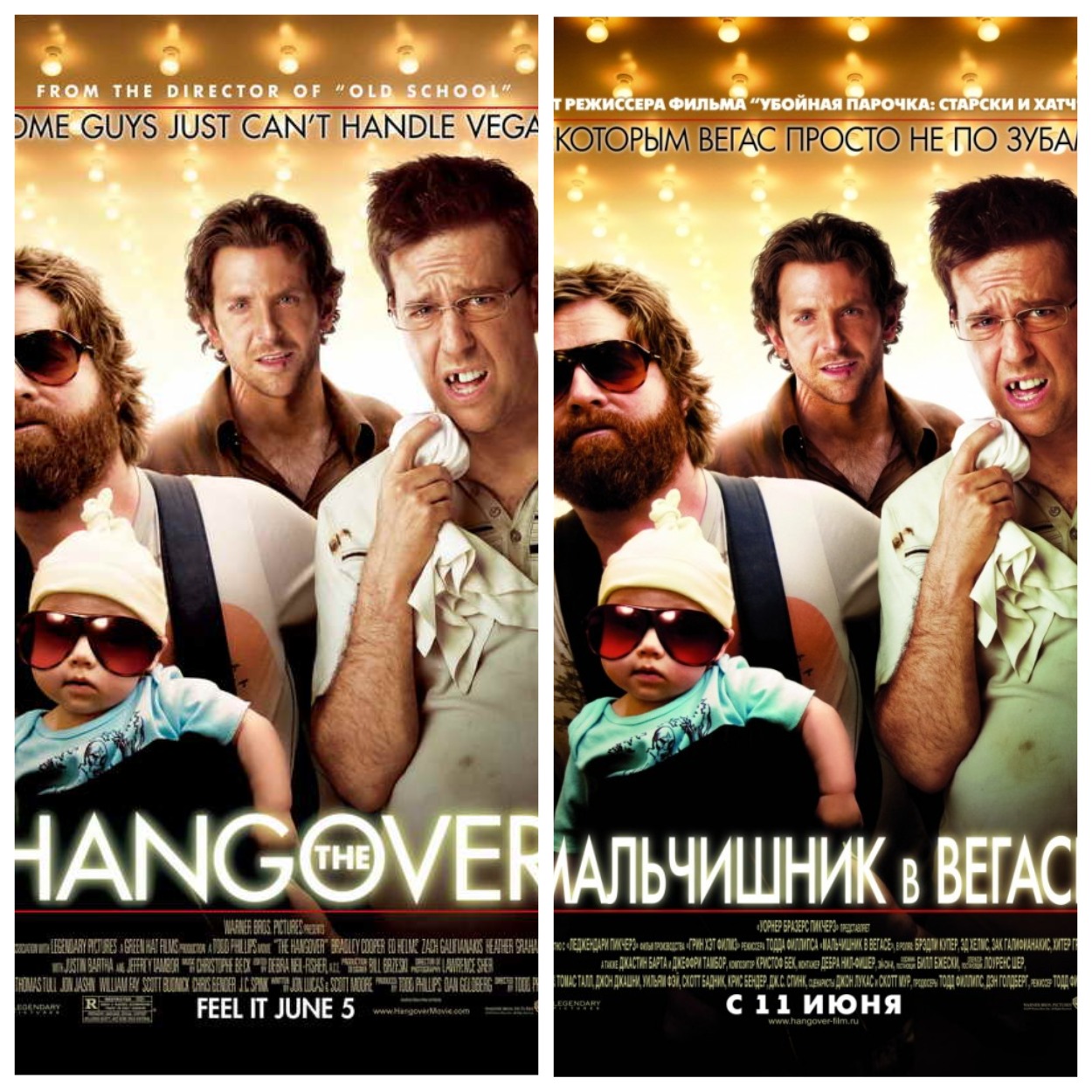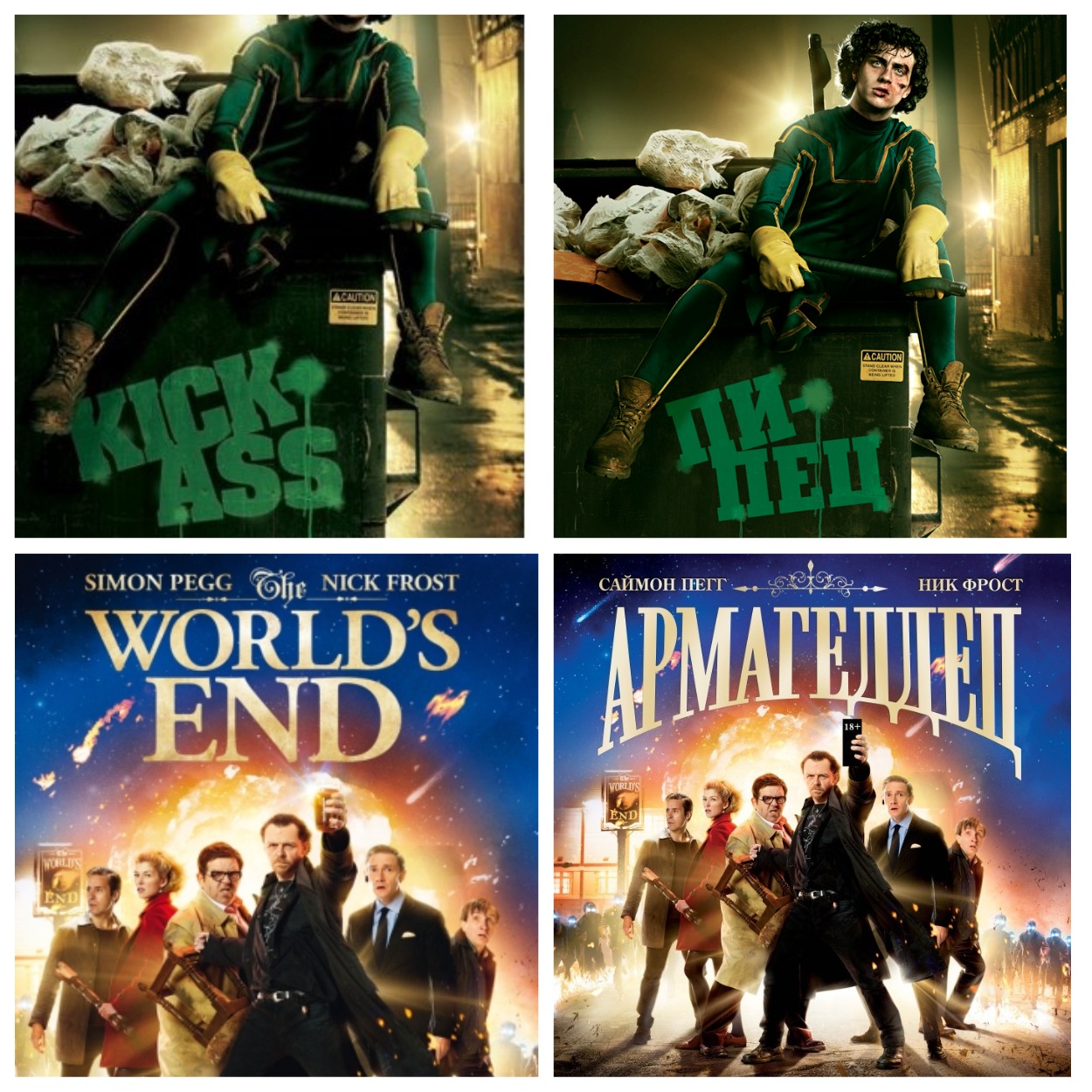Film is an art just like literature, painting and music which is shared by different nations. Kazakhstan is not an exception. It is open for cultural exchange with the rest of the world. In this regard film has become one of the important means of communication. In the era of a globalised world film is considered as an effective tool of soft-power diplomacy. So, why is its translation so important? For the foreign audience, the translation of a film plays a significant role in cultural communication between two countries. It is through translation that foreign audiences get the chance to understand and appreciate other countries’ art, culture, people and way of life. We cannot ignore the importance and effect of film translation.
In Russian there is the concept of «трудности перевода», which means jokes, proverbs, metaphors and sayings, the meaning of which cannot always be transferred precisely because of linguistic and cultural barriers. Taking into account the fact that the majority of ongoing films in cinemas are produced in Hollywood – in English – local localizers often experience «Lost in Translation» with some pictures. The names of certain films are directly related to their plot, of which translators are not always aware while translating them, and in some films a malicious joke with translators is played by the words of a foreign language.
Despite the fact that Hollywood films are translated into most languages of the world and there are often inaccuracies in their localizations. Thus, in this article we will consider the most commonly used translation methods in film industry and look at some film titles and their translations. Moreover, we will also examine some examples of absurd or, at first sight, incorrect translation of films and cartoons, the reasons for such a translation and interesting facts.
The main questions are:
- What are the most commonly used translation methods in film industry?
- What are the examples of film title translations?
- To which extent can a film title translation get absurd?
Very often, while at the cinema, we see posters of the anticipated films and notice the similarity in the sound of some titles. Almost certainly at the box office there will be one film with the words «Revenge», «Threat», «Death» or «Adventure». But have you ever wondered whether films always sound the same in the original language? The answer is not always «Yes».
We will consider the question «To which extent can a film title translation get absurd?». The film «Inception» by Christopher Nolan reached the Russian-speaking audience as «Начало» instead of its faithful translation. The main factor in the faceless translation here can be found that translators and distributors did not know what would be discussed in the film, as translation of titles and posters should be done only at the level of the announcement, not knowing the plot of the film. After the first trailers, the translation left everything as it is.

Another example of the same mistake can be considered in case of a biographical film «Walk in Line», whose name refers to the song of Johnny Cash, in which he sings that love helps to go in the right direction and not break into the abyss. The main motive of the film is reflected in the lines of the song and preserves the idea that it is necessary to go on the line when the translators on contrary translated the film as «Переступить черту», violating the logical order.
There are cases when the localizers intentionally completely change the name of the film or add new – clarifying – words for the audience, i.e. use transcreation method. Thus, «Theory of everything» became the «Вселенная Стивена Хокинга», a film based on the novel by Stephen King «Carrie» turned into «Телекинез», the series «Lost» with the light hand of the leadership of the First Channel became «Остаться в Живых», «Now you see me» turned into an «Иллюзия Обмана», and «The Fast and Furious» became all known «Форсаж».

The two most famous and debatable films in terms of localization are «Hangover» and «Untouchables». The first one was translated into Russian as «Мальчишник в Вегасе». Despite the fact that the original title in the plot of the film has much more meaning, the Russian translation could catch the viewer and «get out» with the second and third parts, when the main characters are no longer in Las Vegas, and if everything here remains clear, the second film still raises questions. «Untouchables» in the localization is listed as «1 + 1», which does not make sense. According to the plot of the film, a rich white invalid is friends with a poor jobless black immigrant, which, in effect, makes them outcasts of society – Untouchables, but the translation destroys this value. The bonus to the situation with the translation of this picture can be added that the performer of the main role – the French actor Omar Si – had a big popularity after the film, however, the translators considered one film insufficient. The next film with the participation of the actor «Demain tout commerce» (fr. «Tomorrow everything starts») was translated as «2 + 1», which looks like a continuation of the drama about the disabled and deceives the viewer. On English film was translated as «Two is a family».


Often, the «unusual» translation of a film sounds like that because of a specific director or the same specific name in the original, translated directly which will prohibit censorship. Examples include the parody film «Kick Ass» directed by Matthew Vaughn, which is listed as «Пипец» in dubbing, as well as Edgar Wright’s «The World’s End», translated as «Армагеддец».

Literal translation is a fairly honest means, but it is useless if something is encoded in the title that cannot be translated literally: joke, idiom, saying, quotation from a book, little-known outside the country producing tapes, any puns. If the interpreter understands what he faced, he simply looks for a suitable analogue in Russian, for it is obvious that stubborn attempts to hold onto specific words will only harm the result. The best example of a good translation is Die Hard with Bruce Willis. We know this film as «Крепкий Орешек» and this localization can be considered the best, because it closes the meaning of the picture as close as possible and does not spoil the name, because «Die Hard» has no analogues in Russian.
Another film with the problem of word-for-word translation has in the title English phraseology «Lock, Stock and Two Smoking Barrels», denoting the parts that make up the weapon. He retained the structure of the name in the Russian translation, even if it deprived him of a special meaning. «Карты, деньги, два ствола», which is a good, albeit inaccurate title for a criminal comedy.
For every reason, you can find both a good and a bad example of translation of the name. Causes often can be language turns, names of own or obscene words, however, sometimes translators add something from themselves, completely changing the name in their own way. Thus, the Oscar-winning film about the life of the figure skater Tony Harding from «I, Tonya» was originally called «Ледяная стерва» and only then got its final look «Тоня против всех». Unfortunately, this is not the only example of poor localization. Another example is the dramatic film «The Silver Linings Playbook», for which the performer of the main role won an Oscar. The film, telling about the formation of man, about subtle human psychology was literally destroyed by its localization. In the Russian translation, the film appears as «Мой парень – псих», which automatically associates with a low-grade American comedy on obscene topics and deprives the film of its main viewer, who actually could like the film. The same problem concerns the translation of the film «About time» or «Бойфренд из будущего» in Russian is the same example of a bad translation, when a fantastic film begins to seem like a bad comedy. The problem of localization is much more global and more serious than it seems at first glance. Films lose their potential viewers because of the wrong name.
Analyzing the English film titles and their translation we have encountered some really good examples and some absurd ones. We decided to offer our option and opinion how we see an ideal translation. Moreover, we have conducted an online survey asking the respondents which option suits the film best. The number of respondents: 15. All of them (1) know English; (2) have seen or familiar with the films. The findings are presented in Table.
Table. Are these translations absurd as we think they are? (Title / % of respondents who liked the translation)
|
Original English title |
Official Russian translation | Our option |
| Untouchables | 1+1 | Неприкасаемые (60%) |
| Hangover | Мальчишник в Вегасе | Похмелье (60%) |
| I, Tonya | Тоня Против Всех / Ледяная Стерва | Я – Тоня (60%) |
| The Silver Linings Playbook | Мой парень – псих | Серебристый лучик надежды (66,7 %) |
| Lost | Остаться в Живых | Потерянные (60%) |
| Dan in Real Life | Влюбиться в невесту брата | Дэн в реальной жизни (66,7%) |
| The world’s end | Армаггедец | Конец света (40%) |
| Kick-Ass | Пипец | Задонадиратель (20%) |
| Now you see me | Иллюзия обмана | Теперь ты видишь меня (26,7%) |
| Theory of everything | Вселенная Стивена Хокинга | Теория всего (50%) |
| 50/50 | Жизнь прекрасна | 50/50 (60%) |
| Interstellar | Интерстеллар | Сквозь звезды (33,3%) |
| Sinister | Синистер | Зловещий (46,7%) |
In the course of the survey conducted among the students, the opinions were divided. Some of the students surveyed considered the localized translation to be a better version than the proposed alternative, when the other part considered our translation as the best version. Depending on the film and its genre, the name could either match the film or not.
The listed films and their translated fates are just a drop in the ocean. Incorrect pitching, inadequate translation or poor localization deprives a film of a viewer, and the film without the viewer makes no sense. Box office fees affect the quality of the subsequent works of the director and the company, and for the report of the film to the viewer, localizers and translators are in charge of a film’s success and revenue.
Translators are important not only in politics, international affairs, hotel business and airports. Translators are important in every sphere of our life, and the film industry is just one of the smallest examples. In future we plan to continue a contrastive analysis of the translation of English film titles into Kazakh and Russian languages.
Kamila Chuzhenova
